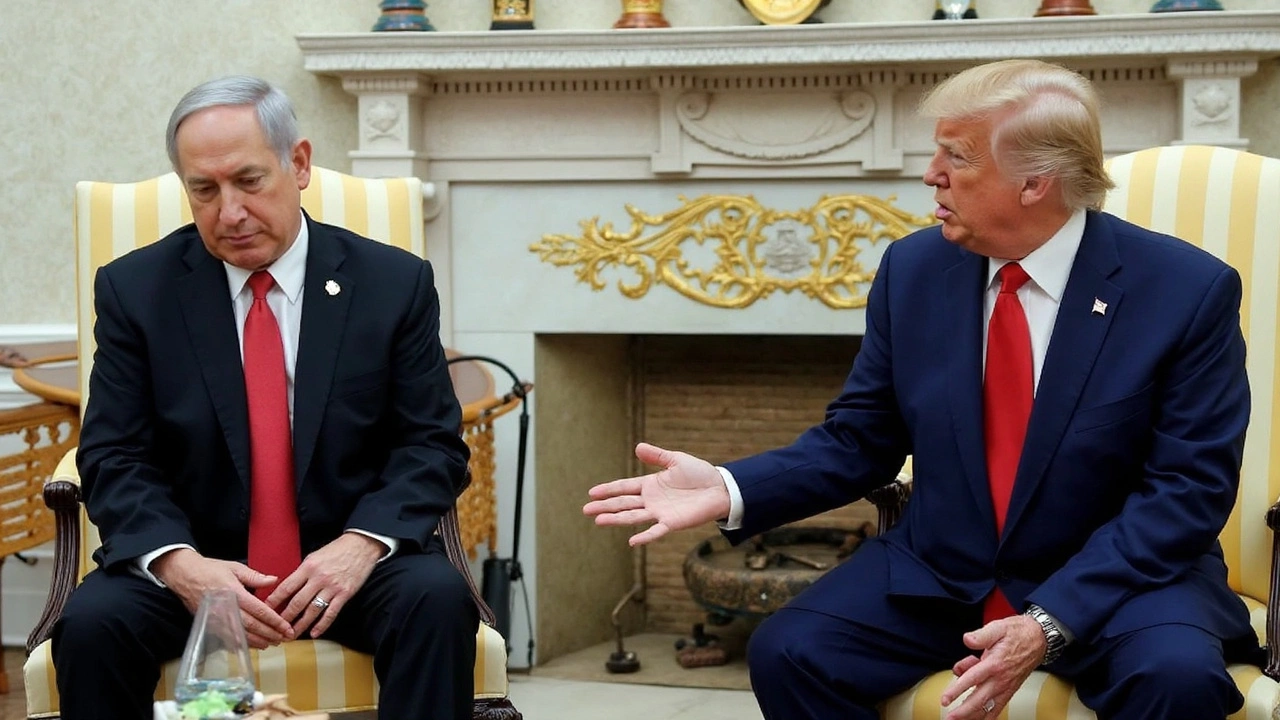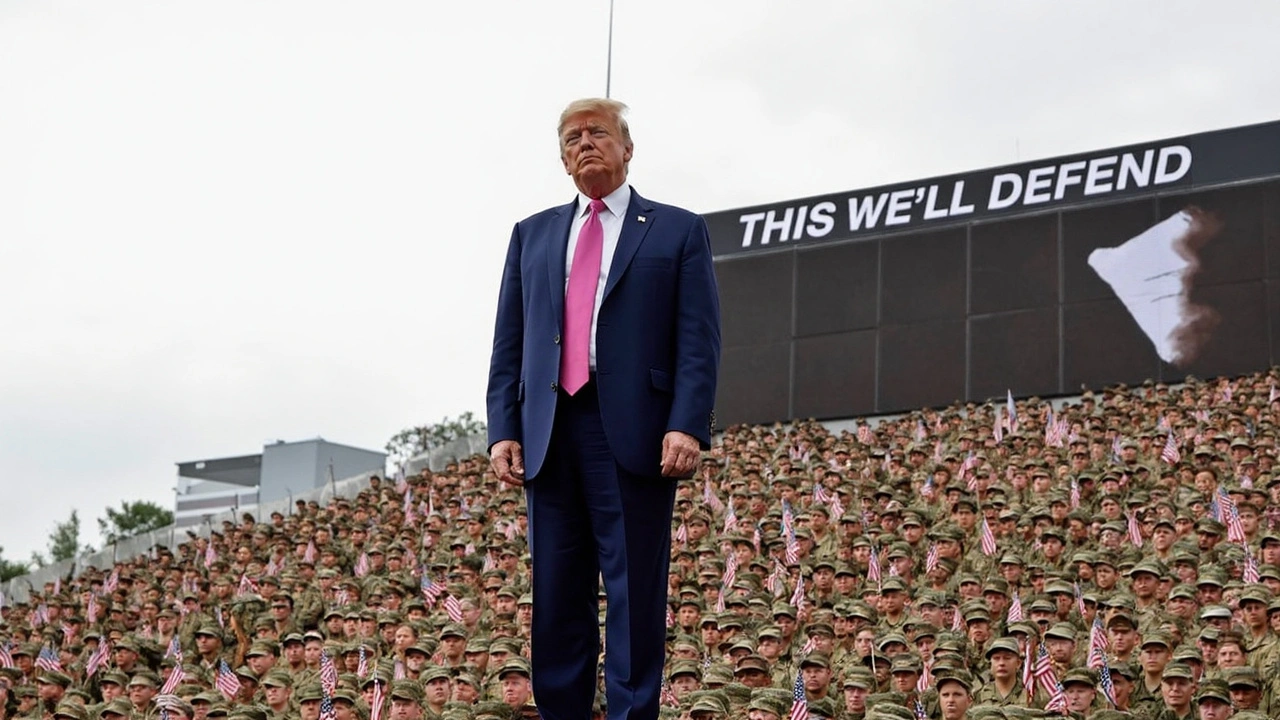Trump Sends Blunt Message to Iran Amid Escalating Tensions
If you’re hoping for a de-escalation in the Middle East, think again. Donald Trump didn’t mince words when he spoke out after Israel’s recent operation targeting suspected Iranian nuclear and missile sites. Trump flat-out told Iran: cut a deal or expect even more devastation. The former U.S. President made it clear that Iran’s best option is to choose negotiation over further military conflict, or else, in his words, the situation will only spiral into more bloodshed.
On the other side, Iran isn’t backing down. After Israel struck Iranian nuclear and missile facilities in a series of coordinated attacks—an operation nicknamed ‘Rising Lion’ by Israeli Prime Minister Benjamin Netanyahu—Iran’s Supreme Leader appeared on national TV to reassure his own people and threaten swift action against both Israel and anyone else perceived to be involved. He called Israel’s moves a ‘crime’ and vowed that the ‘Zionist regime will not escape unscathed,’ signaling an intent to retaliate strongly. Iranian leadership emphasized there will be no hesitation in responding to acts of aggression, and the mood in Tehran remains tense as military leaders weigh their options.

Israel Strikes, U.S. Distances Itself, Iran Promises a Response
Israel’s offensive, which targeted what intelligence sources say were critical steps in Iran’s nuclear weapons program, marks a bold escalation. Israeli officials claim that Tehran had already enriched enough fissile material for several bombs, spurring them to act preemptively. The assets hit included enrichment facilities and missile launch sites—key pillars of what Israel sees as existential threats. Israel publicly acknowledged going it alone, without direct American military support.
Meanwhile, the White House quickly clarified the U.S. had no hand in the Israeli actions. A spokesperson said Israel ‘acted unilaterally,’ and the Biden administration wants no confusion about American involvement. Even so, Trump’s aggressive tone toward Iran can’t easily be separated from Washington’s broader regional policy. His statement rattled nerves and begged the question of whether any diplomatic off-ramp remains open.
The Iranian Supreme Leader’s response stoked nationalist sentiment at home, brushing aside any notion of backing down. Iranian state media replayed footage of the damaged sites and aired pointed promises that any further attacks would be met with overwhelming force. Iranians have been told to prepare for hardship but also to expect retaliation, a message underscored by soldiers amassing near the country's missile batteries.
- Israel continues to monitor for potential reprisals, raising security alerts along its borders.
- U.S. diplomats are reportedly urging allies in the region to stay calm and keep back channels open.
- European governments have called for immediate talks to prevent wider war, but so far, both Iran and Israel appear dug in.
This latest confrontation over Iran's nuclear program, capped by Trump's public ultimatum and Iran's angry vow to strike back, has cranked up the risk of a conflict few in the region can afford. For now, the eyes of the world remain fixed on Tehran’s next move—and whether ‘’nuclear’’ once again becomes the region’s most dangerous word.


Chris Ward
Honestly, everyone acts like this is some kind of inevitble showdown, but history shows that ultimatums rarely end well.
Trump’s blunt tone just adds fuel to the fire and makes diplomatic channels harder to keep open.
The U.S. should focus more on mediation than on throwing down threats.
Israel's solo strike complicates the picture even more.
Maybe a cooler head and a genuine offer to talk could break this deadlock.